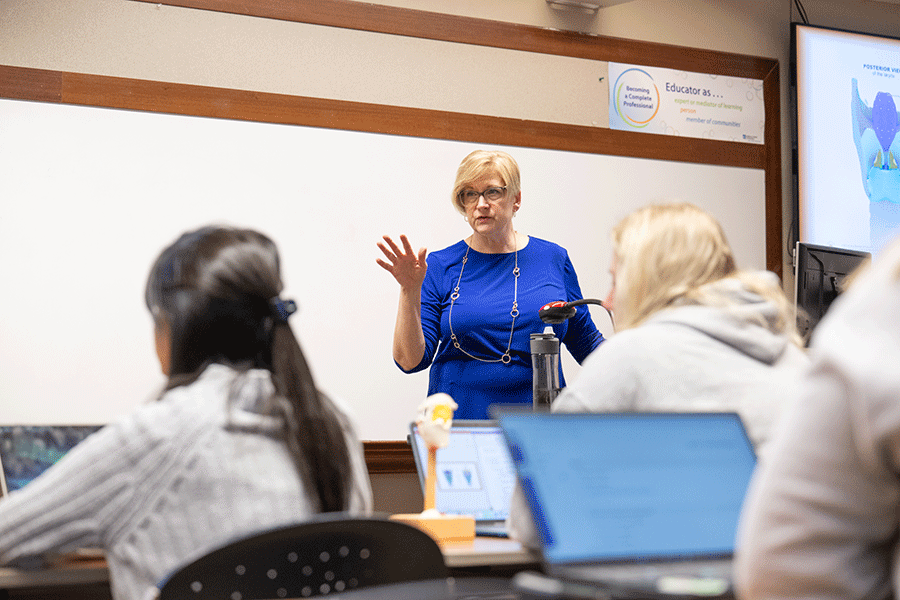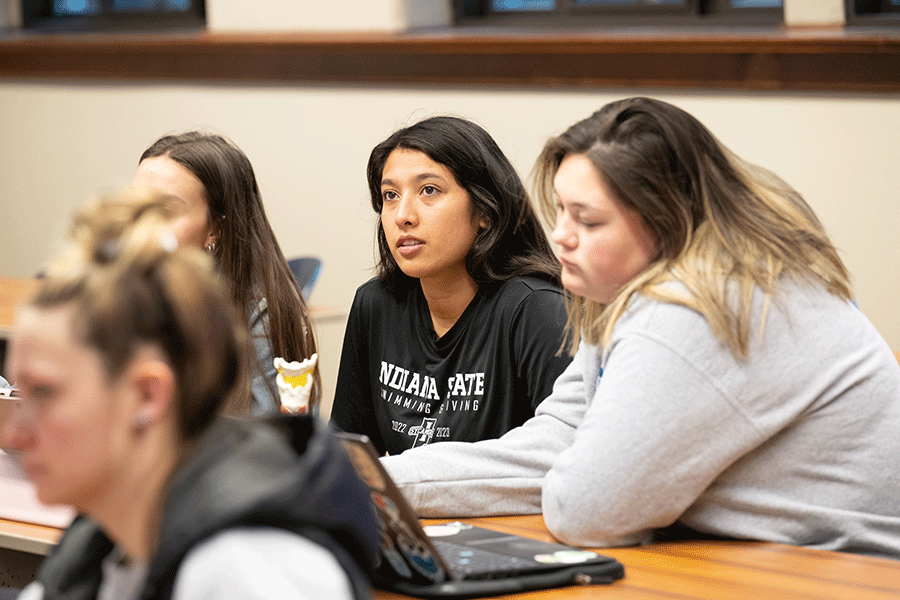Why Earn a Bachelor’s Degree in Communication Sciences and Disorders at Indiana State
As a communication sciences and disorders major at Indiana State, you will gain in-depth knowledge of speech and language development, linguistics, phonetics, anatomy and physiology of the speech and hearing mechanisms, and disorders of communication.
Learn to Help Others
With a communication sciences and disorders degree, you can turn your passion for helping others into a rewarding career. Through this program, you will gain the foundational knowledge to pursue advanced study in speech pathology or a career in a related health or educational field.
Learn from Our Excellent Faculty
Indiana State's instructors are dedicated to your success. As a student in the communication sciences and disorders program, you will be assigned a faculty mentor who will assist in choosing minors, identifying career options, and exploring post-graduation plans. Faculty have industry experience in speech-language pathology, communication disorders, and other research areas.
In addition, our small class sizes give you the chance to work one-on-one with your professors. As part of our commitment to experiential learning, you will have the opportunity to work alongside your faculty on projects and assist clients in the program’s on-site clinic. Your instructors will also encourage you to participate in activities and organizations including Indiana State’s chapter of the National Student Speech-Language-Hearing Association [NSSLHA] and the Indiana Speech-Language-Hearing Association [ISHA].
Work with Clients in the Rowe Center for Communicative Disorders
Our communication sciences and disorders BS program emphasizes clinical experiences, cohort groups, and mentorship with graduate students for hands-on clinical learning. You will have the opportunity to observe, learn, and engage with clients in our on-campus clinic.
The Norma and William Grosjean Clinic includes three centers where undergraduate and graduate students from multiple degree programs engage with community members: The Counseling Clinic; the Porter School Psychology Center; and the Rowe Center for Communicative Disorders [RCCD]. The RCCD serves persons of all ages and provides evaluation and treatment for articulation, language disorders, hearing impairments, aphasia, cognitive skills, fluency, motor speech disorders, and voice issues, among other conditions.
What You'll Learn in the Communication Sciences and Disorders Program
The BS in communication sciences and disorders provides a solid foundation in speech-language courses. The curriculum prepares you for admission to a graduate speech-language pathology program and for a variety of other careers. You can complete our communication sciences and disorders bachelor’s degree in four years of full-time study.
You will also complete a two-course clinical sequence that includes a paired experience with a senior graduate speech-language pathology student. The sequence provides direct services with clients and offers more opportunities for experiential learning.
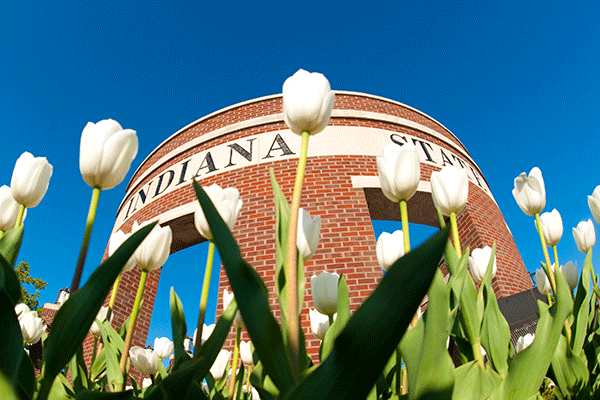
Transfer Credit
Indiana State University accepts credit from regionally accredited colleges and universities within the United States, and from selected schools located outside the United States. Credit also may be granted for military training and experience. Previously earned college credit can be applied toward completion of the program per Indiana State's transfer guidelines.
Transfer GuidelinesCareer Possibilities for Communication Sciences and Disorders Majors
Our graduates obtain the academic preparation and clinical experiences needed for admission to master’s programs in speech-language pathology. Some graduates work as developmental therapists, speech-language pathology assistants, applied behavioral analysis technicians, and other related fields.
The demand for speech-language pathologists is growing. In fact, the Bureau of Labor Statistics projects overall employment in speech-language pathology to grow 21% from 2021 to 2031, faster than average. Speech-language pathologists are employed in schools, hospitals, clinics, early intervention agencies, rehabilitation facilities, extended care facilities, private practices, colleges and universities, , government offices, research agencies, and other fields.
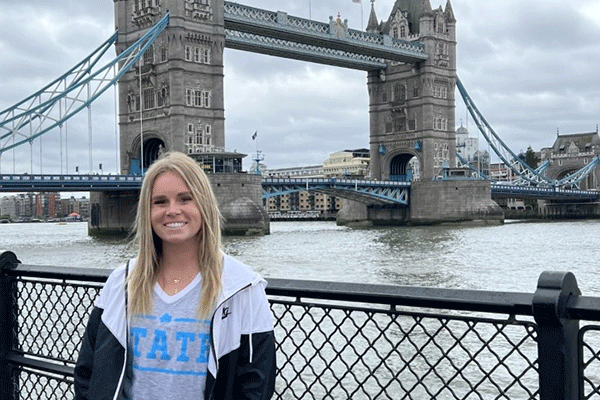
Working with Children
Communication sciences and disorders alumna Elisabeth Kerby, ’23, has a passion for working with school-aged children. She advocates for youths and prioritizes their language needs.
Read Kerby’s storyRelated Programs
-
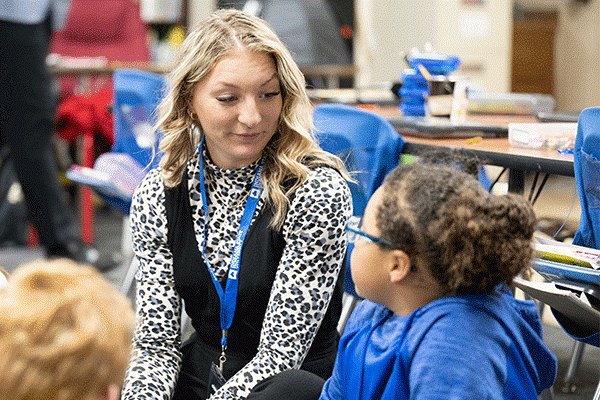
Human Development and Family Science (BS)
Bachelor's
-
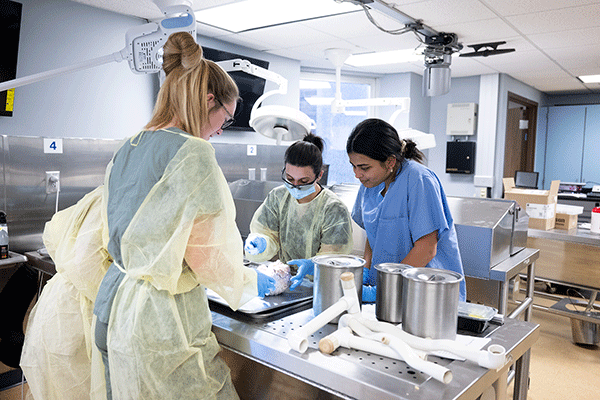
Pre-Medicine Program
Pre-Professional
-
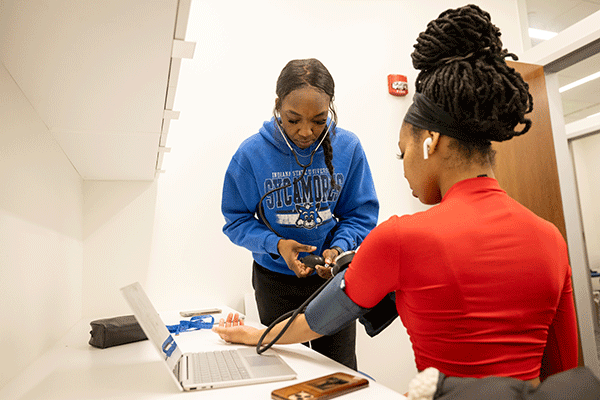
Public Health (BPH)
Bachelor's
